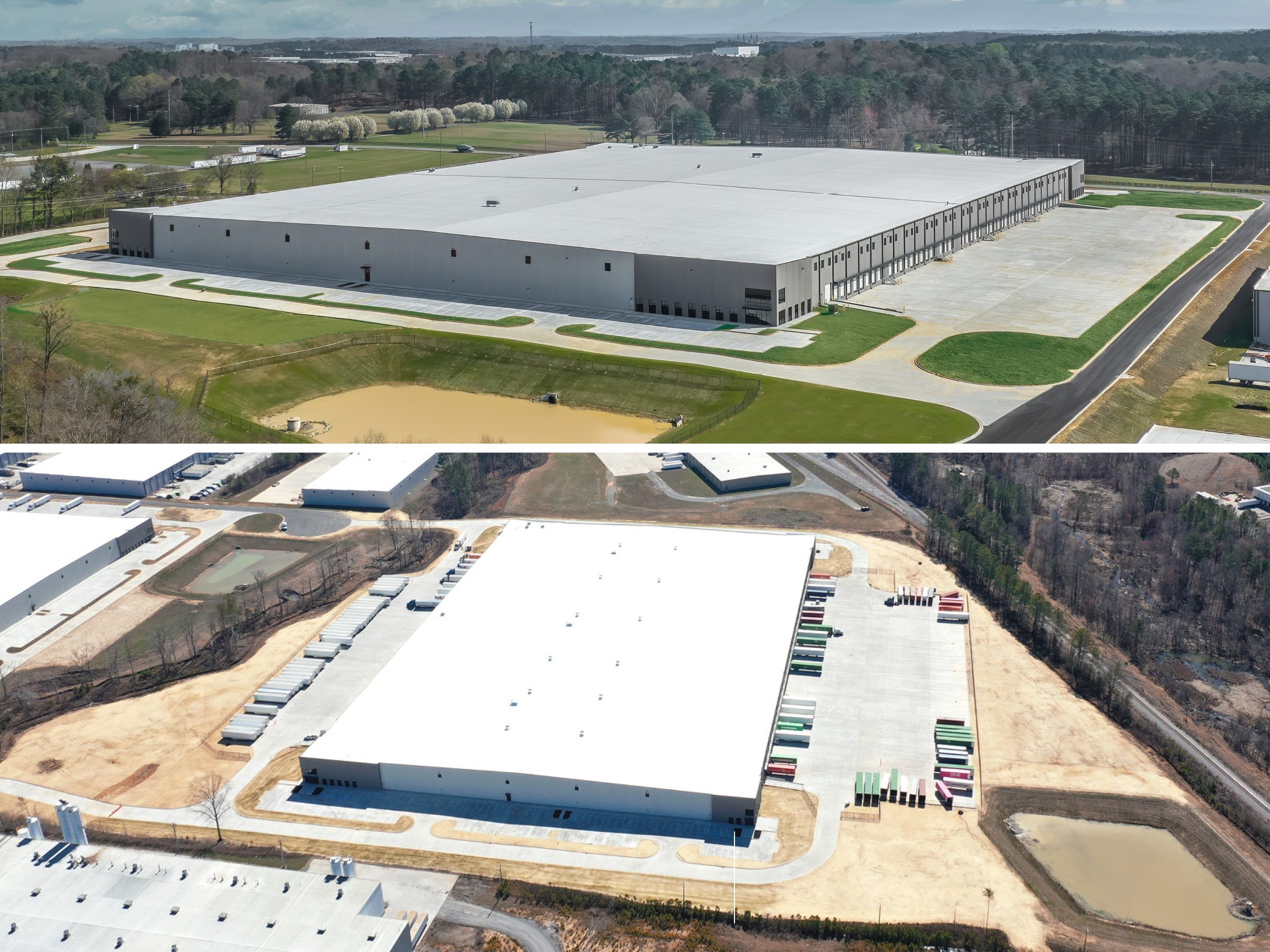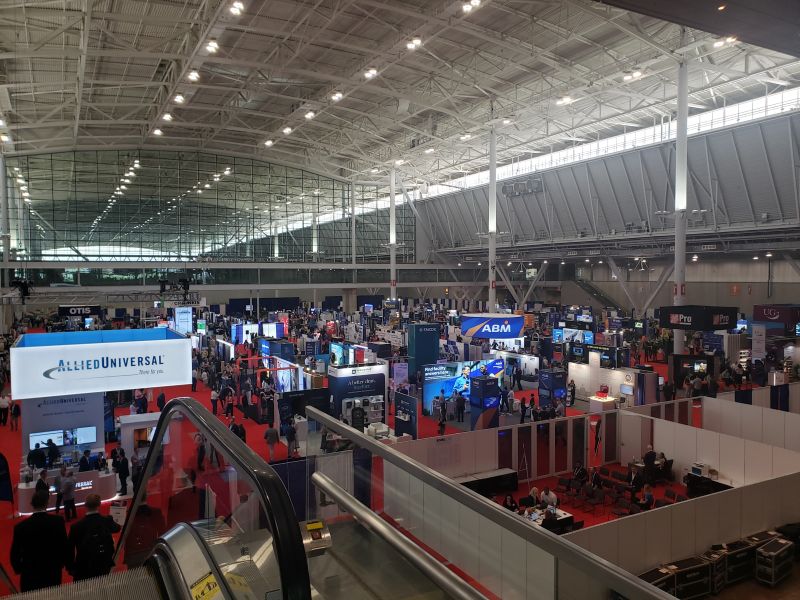EU Green Building Spendings to Reach $112B by 2026
According to Navigant Research’s new report, Europe will invest a great deal in intelligent digital building technologies to remain successful in reaching efficiency goals. Examining eight commercial building types, the study covers seven product categories.
By Barbra Murray
Europe continues to serve as a role model in implementing sustainable development legislation and initiatives, but in order to continue to meet building efficiency objectives over the long term, its investment in intelligent digital building technologies will increase by roughly one-third within the next 10 years, according to a report by Navigant Research. As noted in Market Data: Energy Efficient Buildings – Europe, Europe’s investment in energy-efficient building technology will climb from $83.5 billion in 2017 to $111.9 billion in 2026.
“As European Union members plan for updating their targets for 2030 and beyond, many countries are realizing the significant commitment and expense that will be required to not only maintain the efficiencies they have achieved to date, but also to gain further and deeper efficiencies as time progresses,” Tom Machinchick, principal research analyst with Navigant Research, told Commercial Property Executive. “Evidence of this comes from the pushback that was seen in developing the “Clean Energy for All Europeans” legislation that was recently proposed, and the lower-than-expected savings targets that have been outlined in this legislative package.”
Examining eight commercial building types, the study covers seven product categories: HVAC, lighting, building controls, water efficiency, water heating, building envelope, and other. As building efficiency spending increases over the next several years, building envelope, HVAC and lighting will grab the most attention, accounting for 72 percent of total spending in 2026.
A GLOBAL AFFAIR
Navigant’s study focuses on the European market, but the growing importance of intelligent digital building technologies is a universal issue, and the potential for improvement is unlimited by property type. “Commercial, residential, and industrial buildings are responsible for almost half of global greenhouse gas emissions and global energy consumption. Technologies exist today to make commercial buildings significantly more efficient, up to and including Net Zero Energy consuming buildings,” Machinchick said. “With such a large percentage of global energy consumption coming from the global building stock, and with technologies available to significantly affect this consumption, it is obvious that buildings of all types should be a primary target for realizing ever more stringent efficiency goals.”
Navigant emphasizes that reaching these efficiency goals through the use of intelligent building technologies can provide building owners with substantial upside beyond the obvious. “Commercial buildings, and the technologies that run them on a daily basis, are becoming more intelligent and integrated—both inside the building and across building portfolios. Companies and landlords that utilize these technologies are finding ancillary benefits other than just cost savings and reduced consumption,” Machinchick added. “Intelligent Buildings are evolving past the status of a cost center to become company assets, and these assets are generating benefits across the entire enterprise.”







You must be logged in to post a comment.